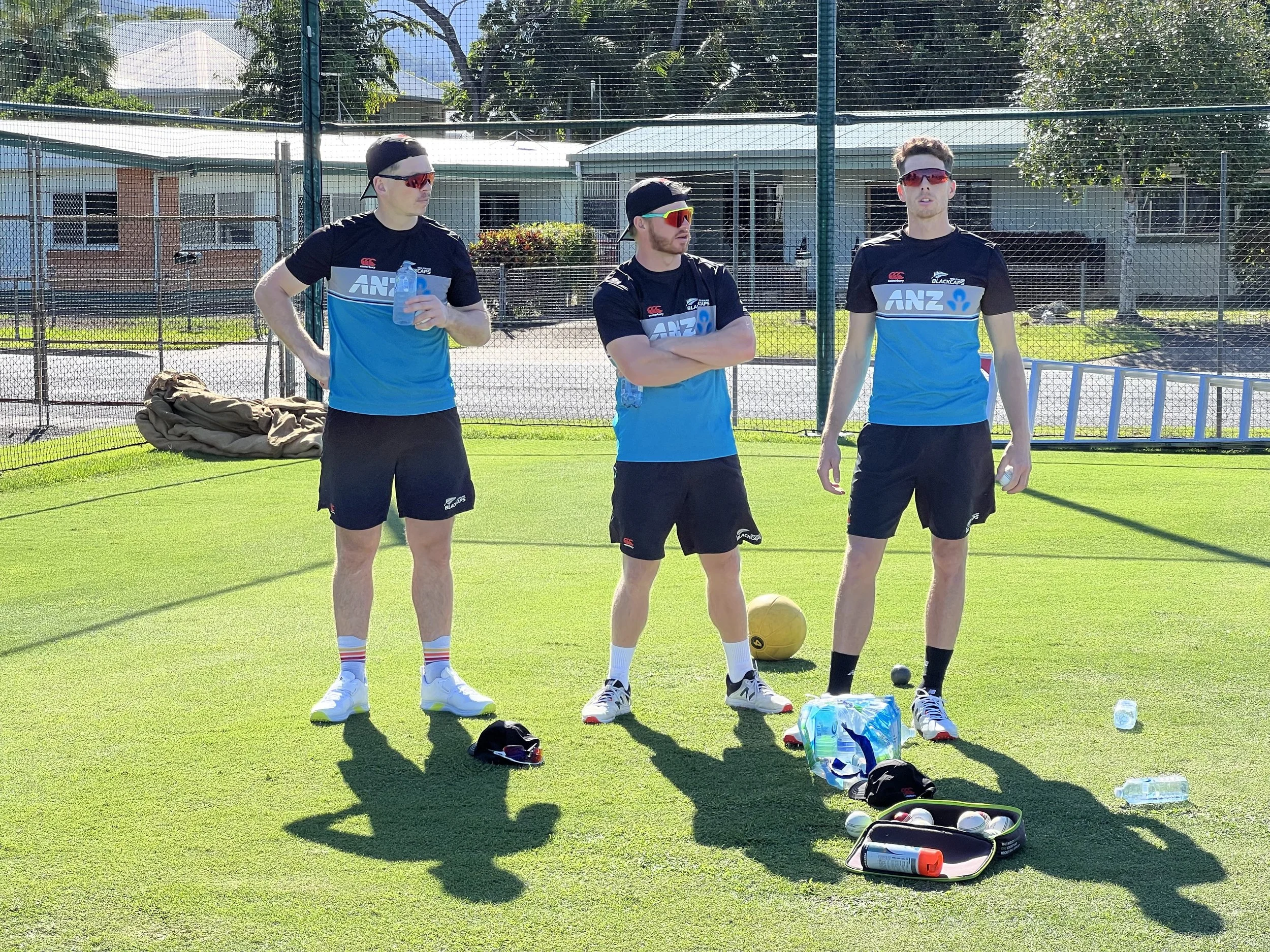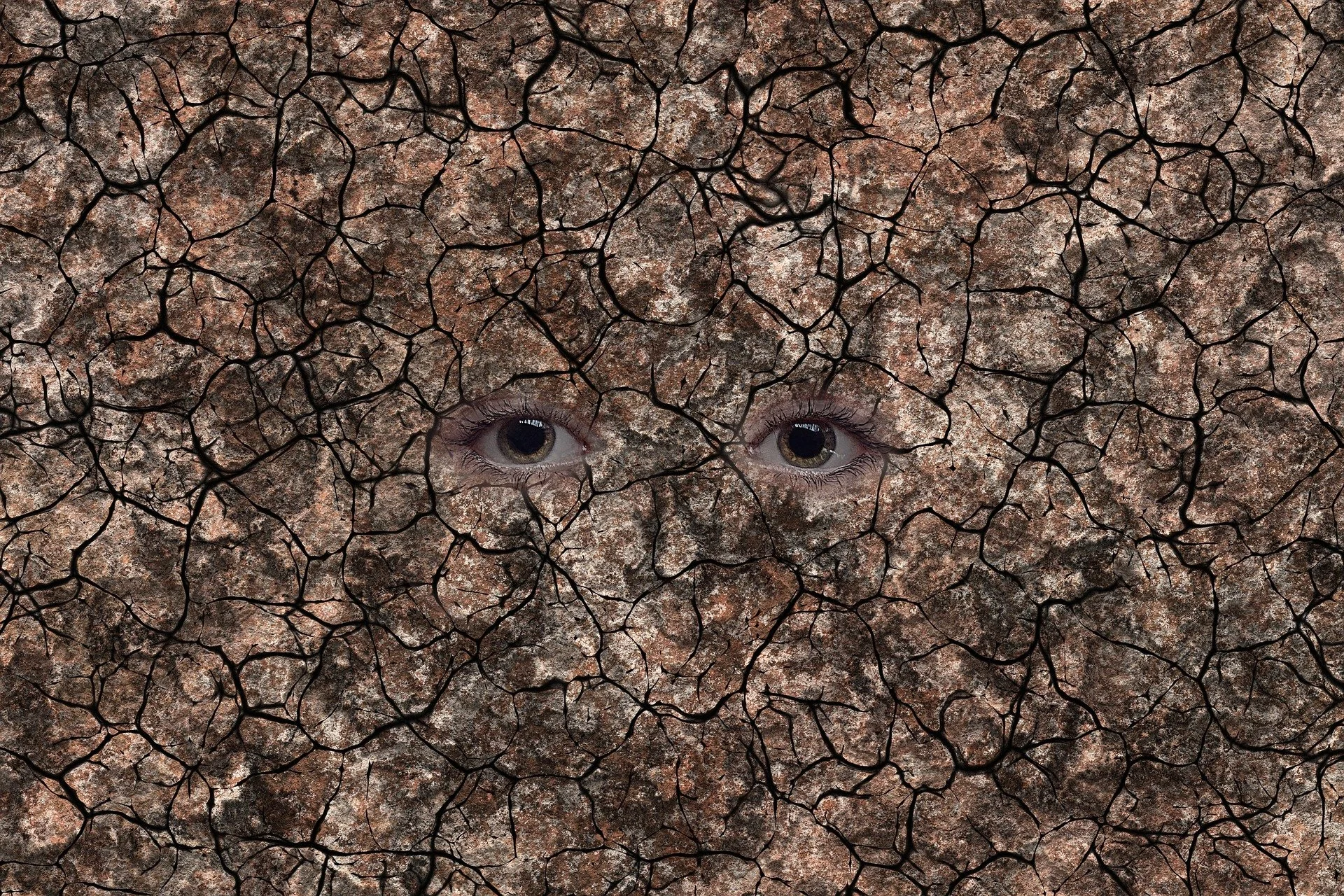Global risks facing the world, new report
Geneva - In the next two years, the cost of living crisis is seen as the world’s biggest risk, while over the next 10 years environmental risks dominate, according to the World Economic Forum's latest rreport.
The 2020s have gotten off to a disruptive start. From the covid pandemic to war in Europe these issues have ushered in a fresh series of crises in food and energy - problems that decades of progress had sought to solve.
As a result, this year's report presents a set of risks that are both familiar but also feel new. In particular, the return of risks like inflation, cost-of-living and geopolitical confrontations are historically nothing new, but for the current generation of policymakers and business leaders they're unfamiliar.
The report uses data from the forum’s global risks perception survey 2022-2023 to understand the risks the world is likely to face over the coming 10 years.
The survey identifies the cost of living crisis as the most severe threat facing us over the next two years. Next is natural disasters and extreme weather events while geo-economic confrontation also features in the top three most severe risks in our most immediate future.
Contrast this to a 10-year view and the long-term risk of failure to tackle climate change emerges as the biggest set of risks.
From failure to mitigate climate change to biodiversity loss and ecosystem collapse, the top four most severe risks over the next 10 years are all environmental. Indeed, the cost-of-living crisis drops out of the top 10 entirely, while geoeconomic confrontation drops to nine.
The short-term risk landscape is dominated by energy, food, debt and disasters. Those that are already the most vulnerable are suffering and in the face of multiple crises, those who qualify as vulnerable are rapidly expanding, in rich and poor countries alike.
Climate and human development must be at the core of concerns of global leaders, even as they battle current crises. Cooperation is the only way forward, the report says.
It explores four potential futures for 2030 around resource rivalry and the poly-crises that could emerge as a result of competition for natural resources competition driven by interrelated environmental, geopolitical and socioeconomic risks.















Lisa was born in Auckland at the start of the 1970s, living in a small campsite community on the North Shore called Browns Bay. She spent a significant part of her life with her grandparents, often hanging out at the beaches. Lisa has many happy memories from those days at Browns Bay beach, where fish were plentiful on the point and the ocean was rich in seaweed. She played in the water for hours, going home totally “sun-kissed.” “An adorable time to grow up,” Lisa tells me.
Lisa enjoyed many sports; she was a keen tennis player and netballer, playing in the top teams for her age right up until the family moved to Wellington. Lisa was fifteen years old, which unfortunately marked the end of her sporting career. Local teams were well established in Wellington, and her attention was drawn elsewhere.